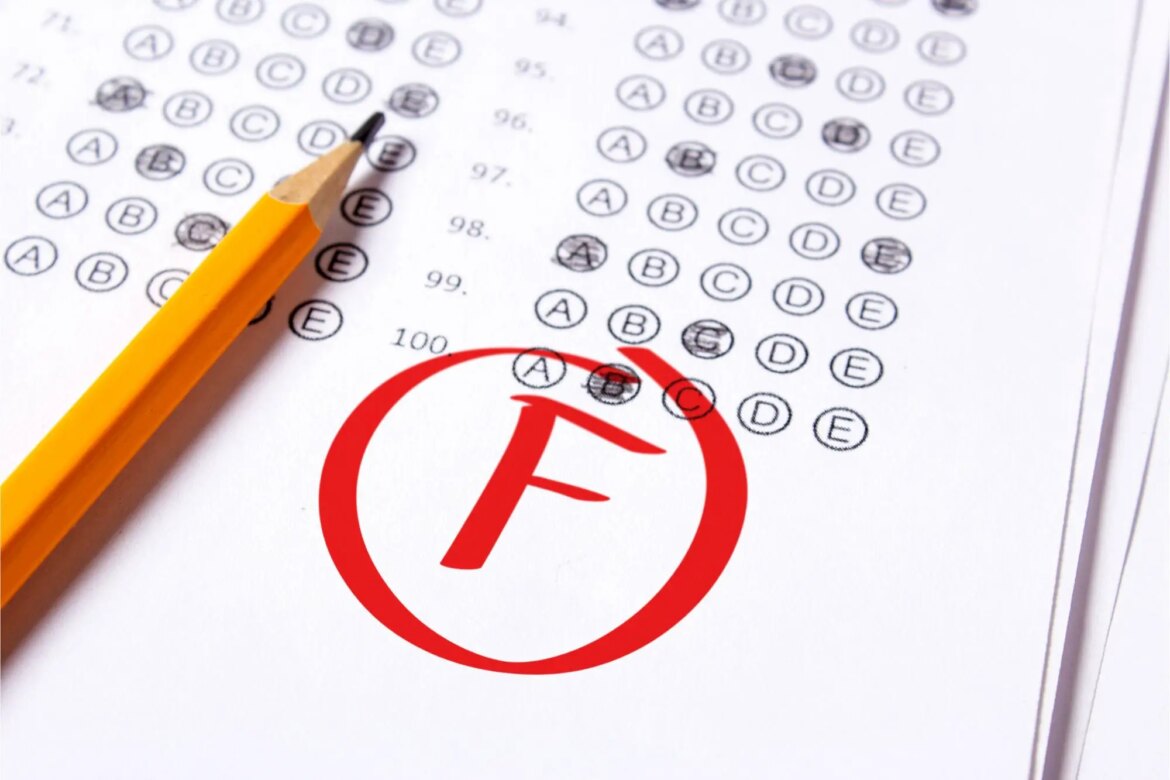Unveiling the Unseen Cost of Boredom: The Subdued Nemesis of Academic Achievement
A recent international investigation has unearthed a perplexing trend among school students: boredom during examinations, an ostensibly innocuous sentiment, is clandestinely corroding their academic performance. This inquiry highlights the notion of “test boredom,” a condition that emerges when students find the exam content devoid of personal relevance or when they grapple with either insufficient or excessive challenge levels.
The Ramifications of Boredom on Exam Outcomes
While boredom is commonly associated with an array of life scenarios, examinations rarely make the list. Yet, a groundbreaking study conducted by Thomas Götz of the University of Vienna has delved into this understudied facet of boredom encountered during exams, yielding profound insights.
The study corroborates the notion that students frequently confront substantial boredom while undergoing examinations. Furthermore, the research discerns a direct correlation between heightened boredom and diminished performance in exams. The outcomes of this study have recently been disseminated in the prestigious Journal of Educational Psychology.
Amidst the extensive scrutiny boredom currently undergoes, the concept of test boredom has hitherto remained a blind spot in academic research. This multinational endeavor, spearheaded by psychologists from the University of Vienna, University of Konstanz, University of Zurich, University of Applied Sciences and Arts Northwestern Switzerland, LMU Munich, City University of New York, University of Essex, and the Australian Catholic University (Sydney), for the first time, uncovers the existence of test boredom and its detriments to performance.
The primary causes of this phenomenon are twofold: being confronted with either insufficient or excessive challenge levels during the examination. Additionally, test boredom is significantly exacerbated when the content of the exam lacks personal relevance for the students. The pivotal conclusion of the study is that an elevated degree of test boredom exerts an adverse influence on the final exam results.
The academics behind the study have introduced the “abundance hypothesis” for the first time, which this research validates. This hypothesis posits that boredom adversely affects exam performance, particularly when students are over-challenged. The mental resources that would otherwise be employed to combat boredom are instead allocated to completing the tasks, leaving fewer resources for task engagement. Conversely, in cases of boredom stemming from being under-challenged, cognitive resources are in abundance and can be harnessed for task execution.
Anchoring Exam Tasks in the Realities of Students’ Lives
The study encompassed 1,820 German students ranging from the 5th to 10th grades. The examination included inquiries about the extent of boredom, feelings of being under-challenged or over-challenged, and the personal relevance of the tasks. These questions were seamlessly interspersed among different exam tasks.
The findings also offer actionable insights for educators and caregivers. To combat test boredom, educators are encouraged to design exam tasks that resonate with the students’ real-life experiences. Furthermore, tasks should strike a balance between being sufficiently challenging without crossing the threshold into excessive difficulty. According to educational psychologist Thomas Götz of the University of Vienna, parents or guardians can aid young learners by initiating open conversations about potentially under-challenging or over-challenging tasks at school. Particularly when faced with excessive challenges, swift intervention is imperative to avert boredom and its cascading negative consequences, including deteriorating performance.
This pioneering exploration of test boredom heralds the dawn of a novel realm of research. The researchers are making a significant contribution by elucidating the detrimental impacts of boredom within the realm of education. Götz remarks, “Numerous studies have already revealed that boredom not only impedes learning and performance but also takes a toll on mental and physical well-being. With our research, we are widening the perspective to encompass a pivotal aspect of children and adolescents’ daily school lives—examinations.”
Reference: “Test Boredom: Exploring a Neglected Emotion” by Thomas Goetz, Maik Bieleke, Takuya Yanagida, Maike Krannich, Anna-Lena Roos, Anne C. Frenzel, Anastasiya A. Lipnevich and Reinhard Pekrun, 2023, Journal of Educational Psychology.
DOI: 10.1037/edu0000807
Table of Contents
Frequently Asked Questions (FAQs) about Academic Performance
What does the study reveal about boredom during exams?
The study highlights that students frequently experience boredom during exams, which can significantly impact their performance.
How does “test boredom” affect students’ exam performance?
The research indicates that extreme boredom during exams can lead to poorer test performance among students.
What factors contribute to test boredom?
Test boredom is more likely to occur when exam content lacks personal relevance for students or when they face challenges that are either too easy or too difficult.
What is the abundance hypothesis proposed in the study?
The abundance hypothesis suggests that boredom particularly hampers exam performance when students are over-challenged, as mental resources are diverted from task engagement.
How can educators address test boredom?
Educators can mitigate test boredom by designing exam tasks that align with students’ real-life experiences and provide a suitable level of challenge without being excessively difficult.
What are the potential consequences of test boredom?
Test boredom can lead to a downward spiral of poor performance and have detrimental effects on students’ learning, mental well-being, and overall academic outcomes.
How was the study conducted?
The study involved 1,820 German students in grades 5 to 10. It included questions about boredom, challenge levels, and task relevance within the exam.
What is the broader significance of this research?
This research sheds light on the previously overlooked phenomenon of test boredom and expands our understanding of how boredom affects students’ educational experiences.
More about Academic Performance
- Journal of Educational Psychology: Link
- University of Vienna: Link
- University of Konstanz: Link
- University of Zurich: Link
- University of Applied Sciences and Arts Northwestern Switzerland: Link
- LMU Munich: Link
- City University of New York: Link
- University of Essex: Link
- Australian Catholic University: Link


